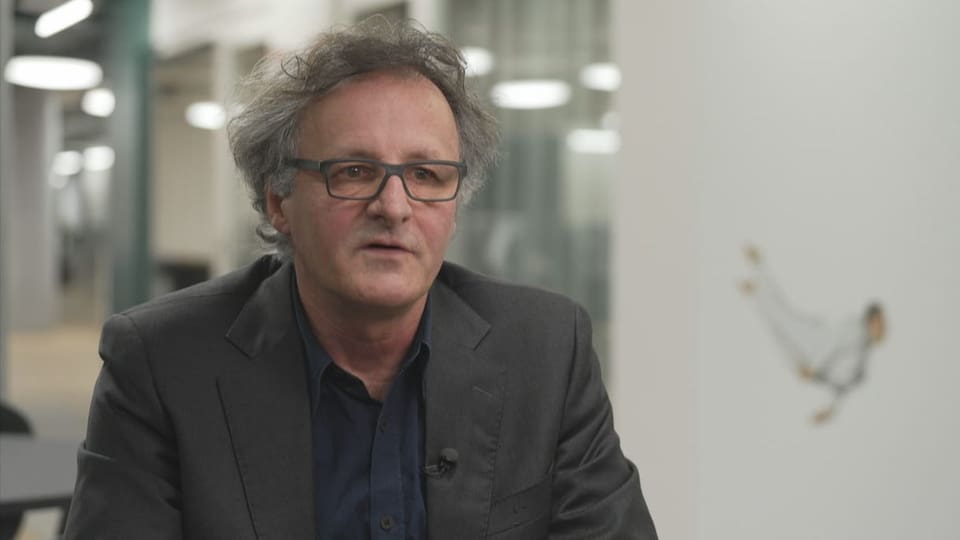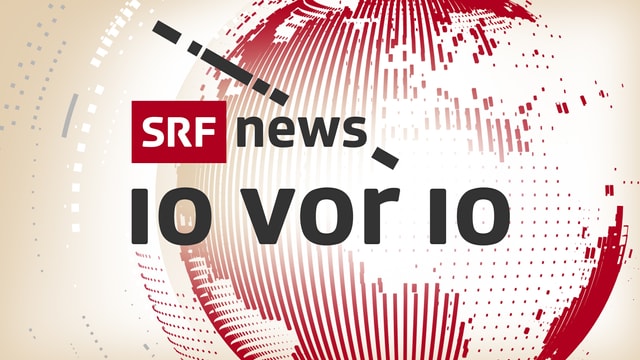contents
Anyone who ends up on a UN sanctions list is socially dead and can hardly defend themselves against it. Switzerland now wants to change that.
When it comes to sanctions, one automatically thinks of Russia at the moment. But even if the Ukraine war attracts the most attention, there are numerous other wars and conflicts around the world.
Legend:
SRF
Then the UN Security Council usually steps into action and tries to put pressure on the parties to the conflict by putting people or organizations on sanctions lists. There are currently 15 sanctions regimes in total, from South Sudan to North Korea to Yemen.
Usually no way to defend yourself
Anyone who ends up on a sanctions list – currently around a thousand people or organizations – is socially practically dead. Those sanctioned can no longer travel, work or access their money. Although the consequences are massive, there is usually no real way for those affected to defend themselves against sanctions.

Legend:
According to lawyer Daniel Kipfer, the ombudsperson checks whether the conditions for sanctioning individuals are met or not.
SRF
The only exception is the UN sanctions regime against the terrorist organizations IS and Al Qaeda. Here, in 2009, the UN created an ombudsperson, i.e. an appeals authority to whom anyone who wants to defend themselves against the sanctions can turn. Until a year ago, the Swiss lawyer Daniel Kipfer held this position. He says: “The ombudsperson is conducting a procedure to review a sanction. Instead of a court that doesn’t exist at UN level.”
Living conditions change
Hardly anyone ends up on a UN sanctions list without reason or guilt. But sometimes people have been on a list for twenty years, even though they live in completely different circumstances today. “A preventive sanction is no longer justified there,” says Kipfer.
“And in other cases, one can wonder if they really are terrorists. For example, a young Tunisian who forged passports in Italy, and a passport then ended up with a person connected to IS or al-Qaeda. That was then enough for a sanction.”
APK also demands change
Switzerland is now working to ensure that the ombudsperson system is also used in other sanction regimes. Foreign Minister Ignazio Cassis called for more rule of law in the sanctions regime when he first appeared in the Security Council.
Parliament is also demanding more rights for those who have been sanctioned. Pirmin Bischof, President of the Foreign Affairs Committee of the Council of States says: “Switzerland is a constitutional state. With us, individuals can defend themselves if they are treated unfairly by the state. This is not the case at the UN. Individuals can get under the wheels there. You have to change that.”
Success possible for Switzerland
But does little Switzerland even have a chance with their concerns? Sanctions expert Thomas Biersteker, who teaches in Geneva and Washington DC, says that success for Switzerland is definitely possible: “In private discussions that I had with at least three of the five permanent members of the UN Security Council, one thing was positive. And this is what may surprise you, Russia. Another country currently has no policy on this issue, so is not opposed. This is the US. And one is only concerned about the cost, that’s the UK. So it’s not an impossible task.”
Switzerland now has two years to use its weight as a temporary member of the UN Security Council to help those sanctioned to get more justice.

